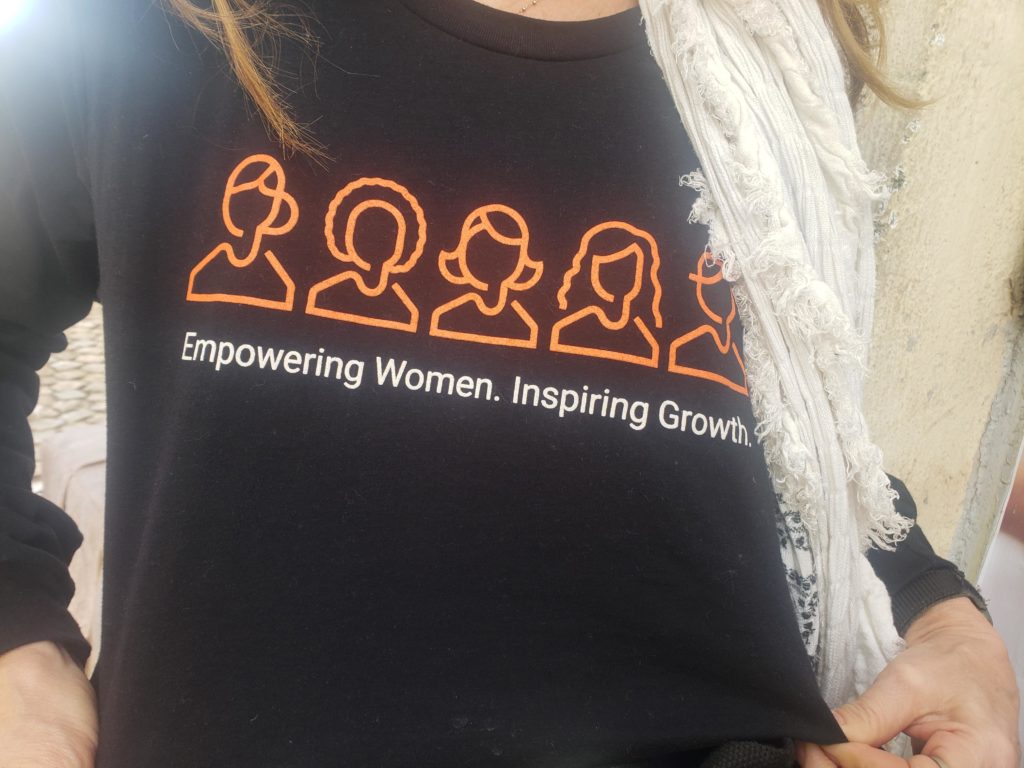
Executive Director, Susanne, is traveling through Ethiopia with our Project Manager, Gashaw. She reflects on her first 3 days visiting water projects. Feb. 3-7.
Empowerment is a Water to Thrive value. The work of water is multi-faceted and is more than the obvious health benefits. Before visiting water projects recently completed with one of our Ethiopian NGO partners, REST, I attended a round table meeting hosted in Addis by one of our other NGO partners, Ethiopian Evangelical Church Mekane Yesus (EECMY). One of the focus areas mentioned by several of EECMY partners was gender equality. So much of the work of water impacts the lives of women and young girls because in developing countries, the work of collecting and hauling water is traditionally women’s work.
As I think about our work, providing clean and safe water to rural villages in need, I realize that it is cultural change we are supporting. Maintenance and oversight training is provided for each well as is water, sanitation and hygiene training. Each village that receives a well elects a WASH committee providing oversight of the well. Each committee must be made up of at least 50% women. If collecting water is women’s work, they should be empowered to make decisions about the water well such as operating hours, care of the well, user fees, etc. In addition, a cultural change happens as each village receives water, sanitation and hygiene training. They learn about disease transference, proper hand washing, anti open defecation and more. Old practices are abandoned as education and awareness about WASH are engrained into their culture.
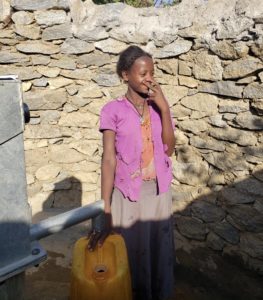
Women at the wells share how they have more time now. The time element is key to empowering women. Having a well within a short walk of their home takes away hours of the back-breaking job of carrying heavy jerry cans of water for hours.
At a well funded by Genesys/Women in Tech, I was thinking about their tagline, “Empowering Women. Inspiring Growth.” The women at the well shared how the previous water source (before the well was built) was two hours away. A full trip to collect water took over four hours. They shared how if guests visited, they would rather offer them injera or milk because water was so precious. But now, they are empowered! They have time to take care of their families, prepare more nutritious meals, and to rest.
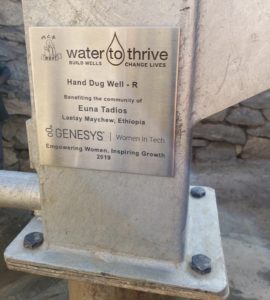
Change is slow, but with each well, numerous lives are transformed. Tomorrow we move from Tigray to the northwest near Gondar to visit more projects with another partner, Ethiopian Orthodox Church.
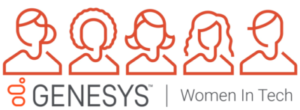

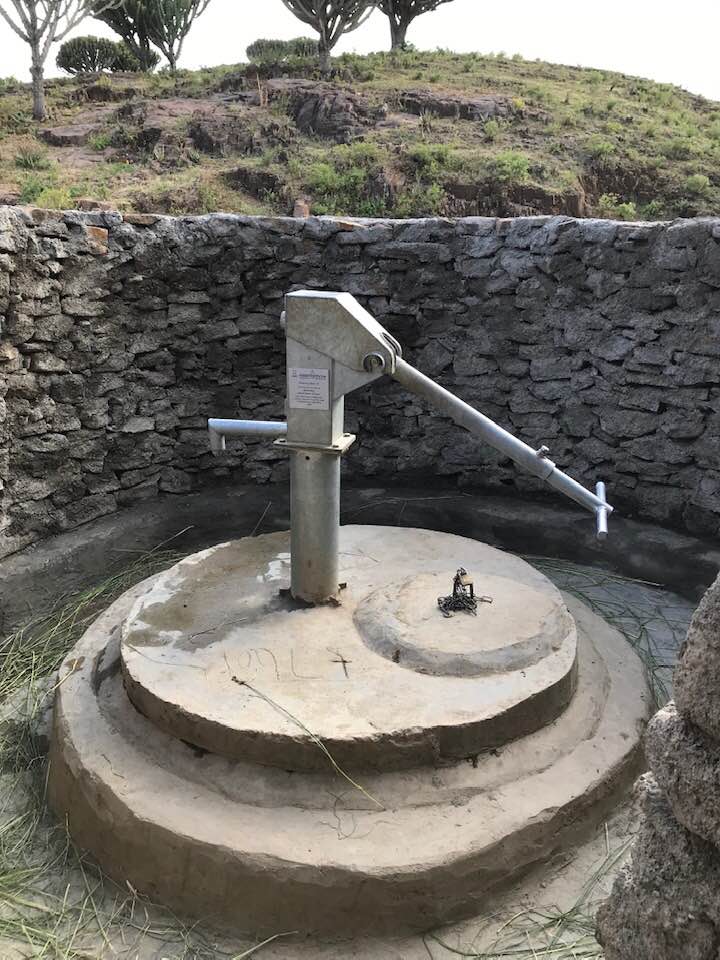
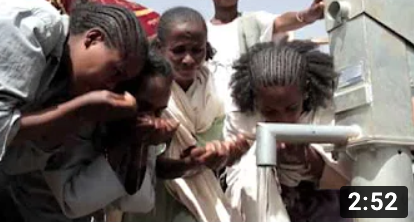
About The Author: Water to Thrive
More posts by Water to Thrive